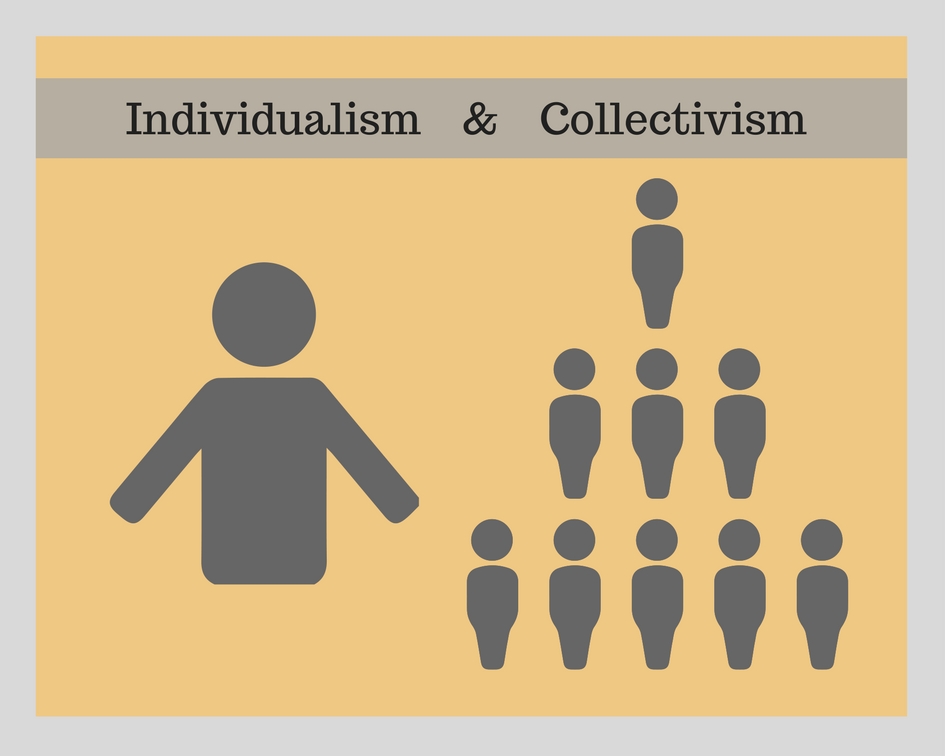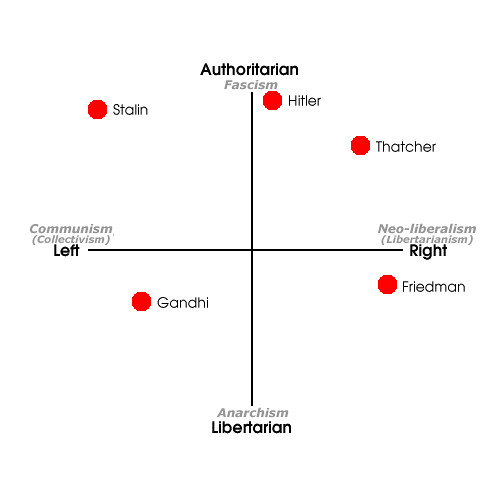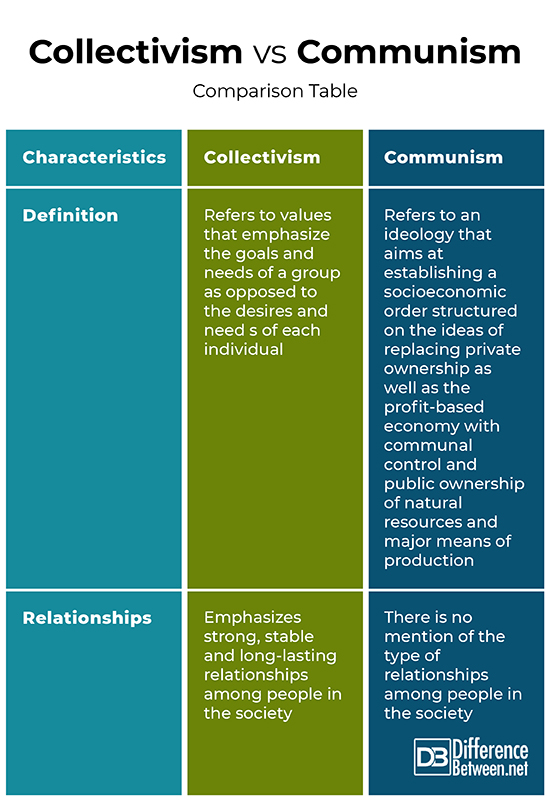Difference Between Collectivism and Communism
As we watch the world become a far more materially comfortable place, with technological developments and innovations transforming communications and conveniences of everyday life, we cannot help but figure what the world will be in the years to come. Although the society must be governed by rules, beliefs and practices, these often differ from one another leading to differences in degrees of market freedoms among nations around the globe. These are driven by ideologies that govern specific communities, such as collectivism and communism. In this article, we will look at the differences between these two terminologies.

Collectivism
These are values that emphasize the goals and needs of a group as opposed to the desires and needs of each individual. These values often depend on the impact that a group of people play in each other’s identity.
Among cultures that practice collectivism includes Asia, South America, Central America and Africa, with countries including China, Japan, Guatemala, Taiwan, Ecuador, Brazil, Argentina and India basing their cultures on the practice.
Traits of collectivist cultures include;
- The need to help others and work as a team
- Doing what’s best for society
- Everybody including communities and families has a role to play
- Social rules should focus on the needs of the community as opposed to personal needs
Collective cultures consider people good if they are helpful, generous, dependable and attentive to the needs of others in the community.

Communism
Derived from the Latin word communis, this is an ideology that aims at establishing a socioeconomic order structured on the ideas of replacing private ownership as well as the profit-based economy with communal control and public ownership of natural resources and major means of production.
It is a political, philosophical, economic and social ideology that aims to operate without the state, money and social classes and was developed by Karl Marx and Friedrich Engels.
To achieve the communist ideology, the two classes in the society are involved. These include the proletariat, who are the working class and comprise of the majority in the society and must work to survive and the bourgeoisie, who are the capitalists class and comprise of a minority group who derive profit from the working class. Through a revolution, the working class would be put in power and hence establish social ownership of the means of production.
While communism is difficult to achieve, it has failed in nations that practice as it lacks a profit incentive among the community members not to mention laziness and corruption.
Similarities between Collectivism and Communism
- Both govern how society should operate
- Both were invented by Karl Marx
Differences between Collectivism and Communism
Definition
Collectivism refers to values that emphasize the goals and needs of a group as opposed to the desires and need s of each individual. On the other hand, communism refers to an ideology that aims at establishing a socioeconomic order structured on the ideas of replacing private ownership as well as the profit-based economy with communal control and public ownership of natural resources and major means of production.
Relationships
While collectivism emphasizes strong, stable and long-lasting relationships among people in society, there is no mention of the type of relationships among people in society.
Collectivism vs. Communism: Comparison Table

Summary of Collectivism and Communism
Collectivism refers to values that emphasize the goals and needs of a group as opposed to the desires and need s of each individual. It emphasizes on strong, stable and long-lasting relationships among people in the society. On the other hand, communism refers to an ideology that aims at establishing a socioeconomic order structured on the ideas of replacing private ownership as well as the profit-based economy with communal control and public ownership of natural resources and major means of production. Both, however, govern how society should operate.
- Difference Between Profit Center and Investment Center - July 2, 2022
- Difference Between Anti-Trust and Anti-Competition - June 6, 2022
- Difference Between Stocktaking and Stock Control - June 6, 2022
Search DifferenceBetween.net :
3 Comments
Leave a Response
References :
[0]Stears M & Freeden M. The Oxford Handbook of Political Ideologies. OUP Oxford Publishers, 2013. https://books.google.co.ke/books?id=ObE-AAAAQBAJ&pg=PT598&dq=Difference+between+collectivism+and+communism&hl=en&sa=X&ved=2ahUKEwjk1MGMj8vrAhWLnxQKHT-LAOAQ6AEwBHoECAIQAg#v=onepage&q=Difference%20between%20collectivism%20and%20communism&f=false
[1]Princeton University. The Social Democrat, Volume 1. Twentieth Century Press, 2008. https://books.google.co.ke/books?id=lSsrAAAAYAAJ&pg=PA273&dq=Difference+between+collectivism+and+communism&hl=en&sa=X&ved=2ahUKEwjk1MGMj8vrAhWLnxQKHT-LAOAQ6AEwBnoECAUQAg#v=onepage&q=Difference%20between%20collectivism%20and%20communism&f=false
[2]Edward S. Krebs. Shifu, Soul of Chinese Anarchism. Rowman & Littlefield, 1998. https://books.google.co.ke/books?id=7hprt3OB-yUC&pg=PA139&dq=Difference+between+collectivism+and+communism&hl=en&sa=X&ved=2ahUKEwjk1MGMj8vrAhWLnxQKHT-LAOAQ6AEwAnoECAAQAg#v=onepage&q=Difference%20between%20collectivism%20and%20communism&f=false
[3]Image credit: https://live.staticflickr.com/168/363021827_7c01720aa5.jpg
[4]Image credit: https://commons.wikimedia.org/wiki/File:Individualism_%26_Collectivism.jpg

Good Day Sir/Ma,
I will like to seek your consent to use your content on my blog and also youtube. I will make a reference to your site if you don’t mind.
Absolutely okay
The ideology on this one is seething. First: stating that the lack of a profit motive inherently makes communism unworkable is disingenuous. It demonstrates a willingness not to look into the history and nuances behind the failures of so-called socialist states in the 20th century as well as a gross oversimplification about what the social sciences can reveal about “human nature” (and whether one actually exists). The USSR did not, in fact, collapse because of a lack of profit motive–after all, they sent the first person to space. Putting that claim in this article shows that the author is not willing to question their own assumptions and beliefs.
Second, and the most egregious: collectivism and communism were *not* created by Karl Marx. Communism, for one, was around long before his time. Earlier Communists were Robert Owen, Pierre-Joseph Prouhdon, Blanqui, and Lassalle. And he certainly didn’t invent collectivism, which this article states is “practiced” by certain cultures, long predating Karl Marx.